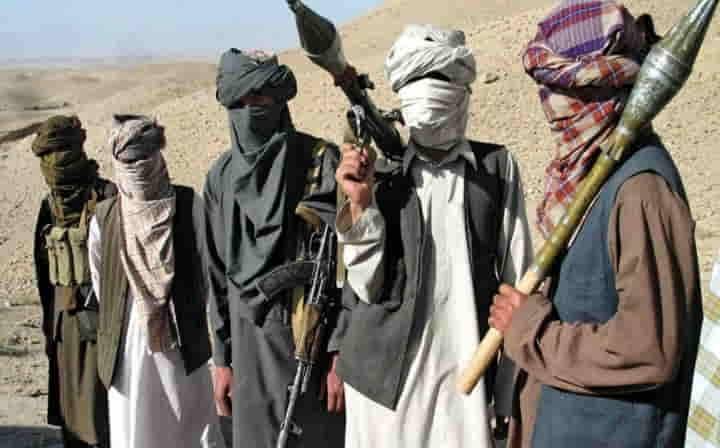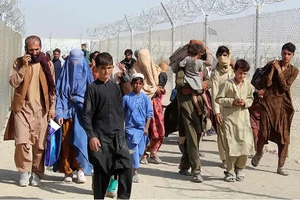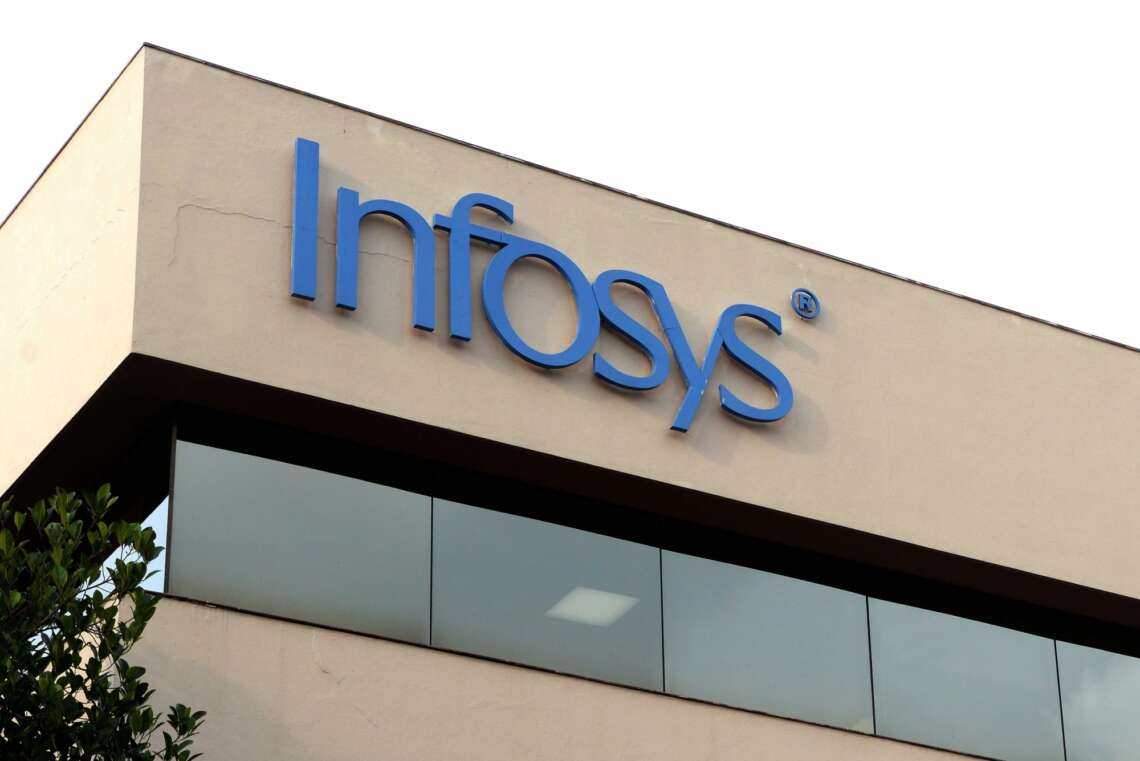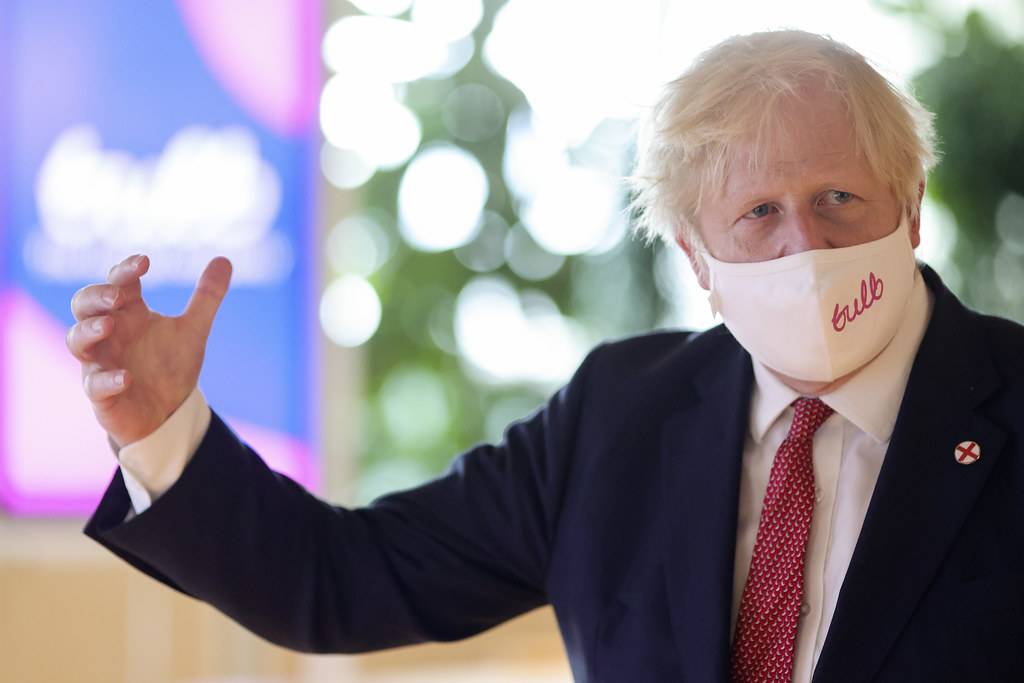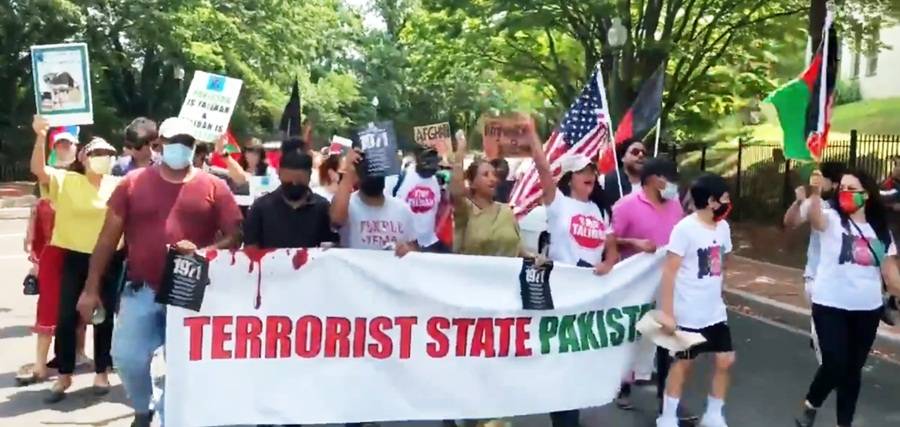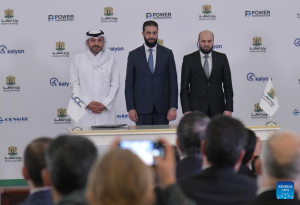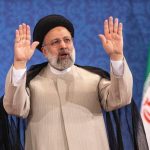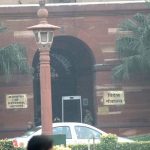The failure of the Istanbul conference on Afghanistan reflects Pakistan’s inability to persuade the top Taliban leadership to attend what was billed as a 10-day jamboree…reports Saeed Naqvi
It is a flawed line of thinking that Taliban victory in Afghanistan is somehow victory for Pakistan too. To the contrary, Pakistan’s problems begin now. Pashtun populations on both sides of the border is just one of them. The failure of the Istanbul conference on Afghanistan reflects Pakistan’s inability to persuade the top Taliban leadership to attend what was billed as a 10-day jamboree. All participants, including President Ashraf Ghani, were expected to emerge having sorted out Afghanistan from A to Z.
Nothing of this happened. Turkish Foreign Minister, Mevlut Cavusoglu came down a few notches in his boss, Tayyip Erdogan’s esteem. The Foreign Minister believed that Pakistan would deliver the Taliban at the conference. It could not.
Turkey’s willingness to “look after” Kabul airport was based on Ankara’s anticipation that, at least in the interregnum, Ghani and the Taliban would agree. The Taliban would have none of it. Bring in mechanics, engineers and experts at handling airports, but no military presence “on Afghan soil”.
Describing Indo-Pak dynamics on Afghanistan as a zero-sum game has antecedents.
In 2010, Gen. Stanley McChrystal, as the force commander in Afghanistan, was unhappy that the popularity of India’s socio-economic development work distracts Pakistan from its war-on-terror focus. To this, Gen. David Petraeus added his bit: “India’s Cold Start doctrine worries Pakistan.”
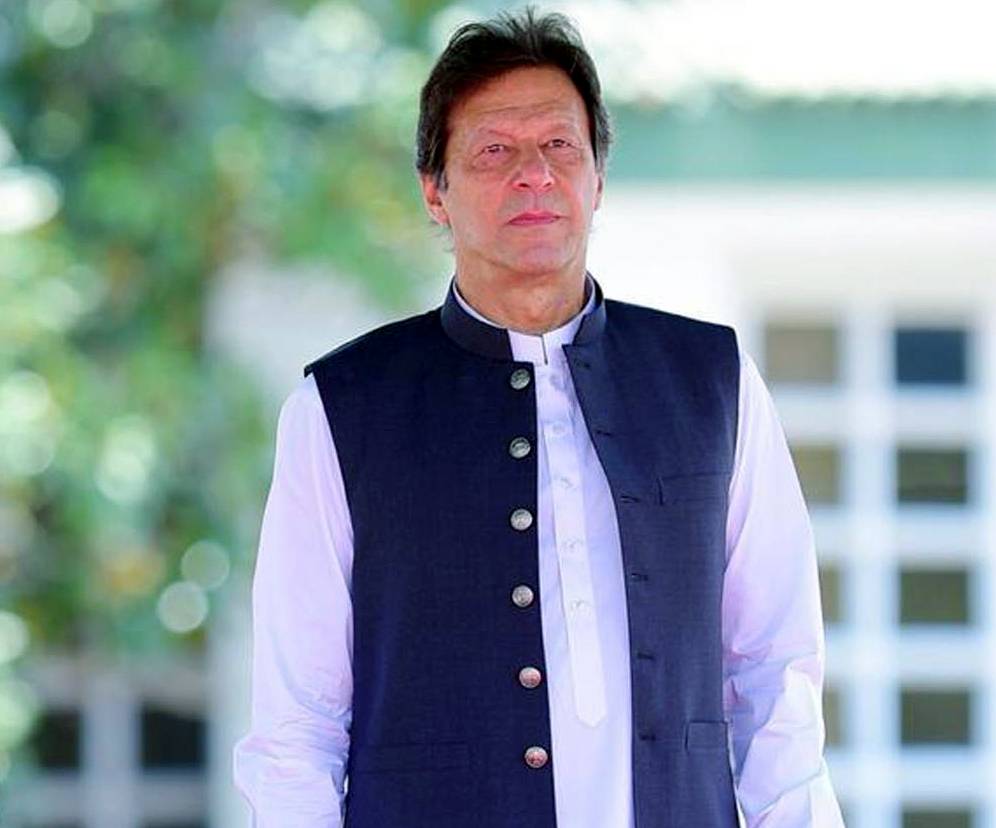
It is impossible for an itinerant journalist to gauge public opinion across the board, but my interactions in Kabul, Gardez and Mazar-e-Sharif some years ago surprised me: Pakistan was seen as a troublemaker. India’s development works were appreciated. At night all of Kabul was glued to Bollywood on TV.
After US Deputy Secretary, Richard Armitage threatened to “bomb Pakistan into the stone age” a terrified President Pervez Musharraf made a U-turn. His army turned upon exactly the mujahideen that Pakistan ISI had trained to see the back of the Soviets in 1989.
This about-turn by Pakistan became part of the historic memory of Taliban. That’s the rub: the “unreliability” quotient of Pakistan was cited even by the Taliban spokesman who showed disinterest in the Istanbul conference.
There is a suspicion that promoting the Turkish profile in Afghanistan may well have been a Pak ploy to ensure a friendly nodal point, namely Kabul airport in the neighbouring country. Chatter on any high-profile role for Ankara in Kabul is, for the moment, inaudible.
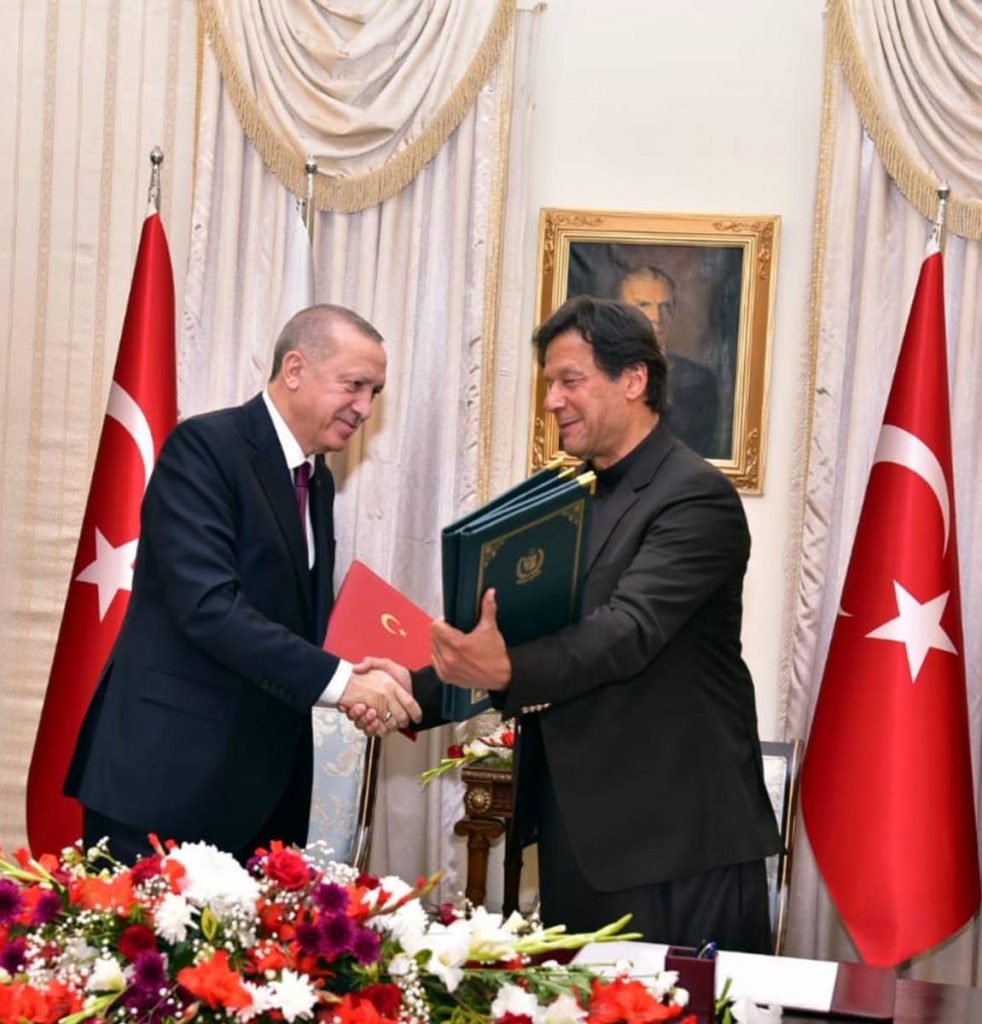
Abdus Salaam Zaeef was the Afghan ambassador in Islamabad and a friend of the late Mullah Omar. After Pakistan joined the war on terror, Zaeef found himself in Guantanamo Bay for four years. Zaeef was bitter: “The manner in which they treated our prisoners was worse than the Israeli treatment of Palestinian prisoners.” These plaints belong to an era many moons ago. Surely, the situation has changed after Prime Minister Imran Khan took charge. The Taliban today are not the ones who won in 1996. The new Taliban have Shia and Uzbek commanders too but keep your fingers crossed for the women of that country.
Like it or not, the Taliban are ascending. Ashraf Ghani, by all accounts has had it. Will he clamber onto the last helicopter out of Kabul? He is being maliciously mocked in this fashion. South Block probably knows the truth but is still clutching onto the myth of Ghani on the Kabul throne.
It is short sighted to rubbish the Taliban. Let us face it, they will be dominant in any eventual power sharing. A harried Ghani has fired his army chief as if the chief was responsible for the Afghan National Army spreading out red carpets for the Taliban advancing with breathtaking speed into urban centres — in addition to the 70 per cent of territory in their control. Taliban spokesman Suhail Shahleen told the BBC that districts fell because of mediation: Afghan soldiers refused to fight.
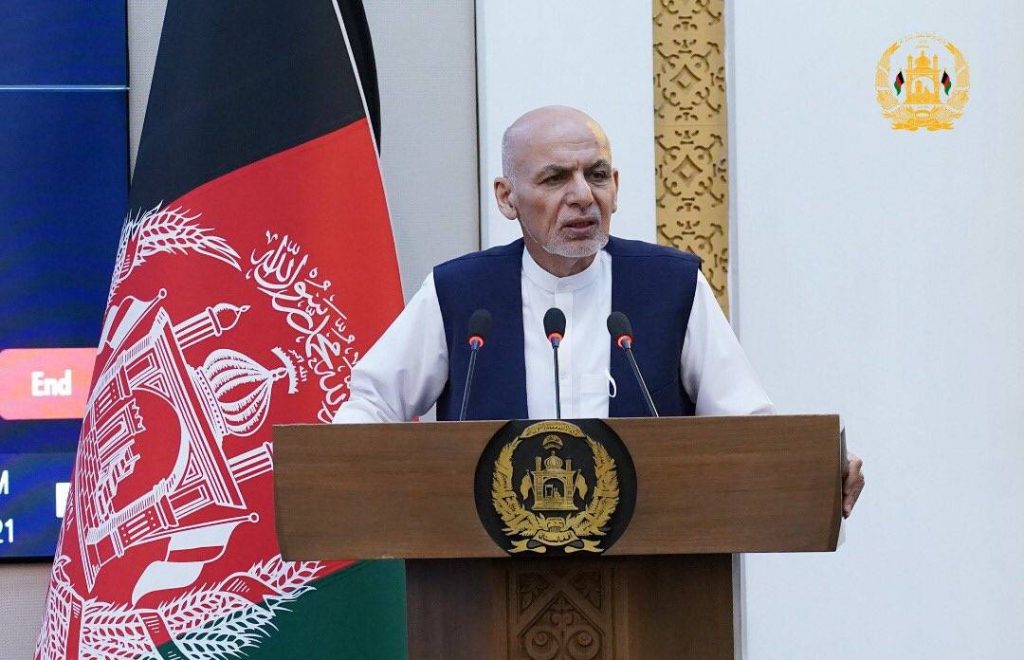
Was this collapse of a large section of the Afghan Army unexpected? Is one to believe that Green on Blue attacks had ended just because the US media had stopped reporting such incidents? US officers training the Afghan army were frequent victims of their own trainees. Little wonder President Joe Biden was almost bitter: “I don’t regret the decision to withdraw.”
He said the US had spent $3 trillion for 20 years training and equipping an Afghan army of 3,00,000. “Now it is time for the Afghans to sort it out among themselves.”
Years ago, a former Governor of Balkh, Prof. Habibullah Habib, told me a story which sounded conspiratorial then. “The British Provincial Reconstruction team was doing excellent work in the north of the country.” Why did they so willingly agree to vacate the peaceful region for the Germans to take over? What surprised Prof. Habib even more was the alternative destination selected by the British contingent. They chose to be headquartered in the troubled province of Helmand – why?
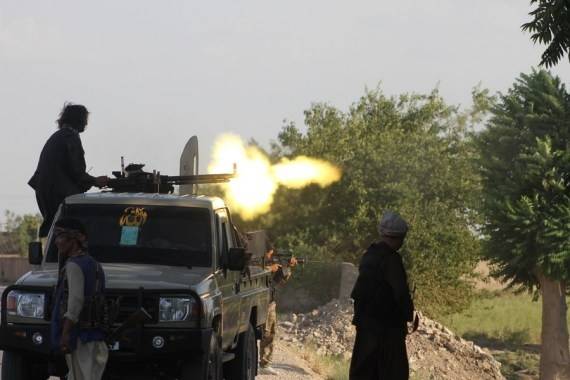
Prof. Habib’s question may well have been answered two days ago by a former British Defence Minister, Johnny Mercer, who served in Afghanistan: “A lot of British blood was spilled in Helmand.” He asks angrily: “Was it really for nothing?” Helmand, it must not be forgotten, is the world’s largest centre for poppy production which blossomed in 20 years of the war.
His colleague, another Defence Minister, Tobias Elwood has gone one better; he wants Afghanistan re invaded. “Britain must step up and show international leadership, convene a conference of like-minded states and get a plan in place to deliver effective military support. If we don’t, everything we fought for since 2001 will be lost.”
The Mercer-Elwood duo revive images of Laurel and Hardy in frayed army uniform looking after a giant warehouse packed with canned food. News of the armistice has not reached the two, surrounded by mountains of opened cans which have been their only source for food. A bi plane flies low and the pilot asks them what they were doing.
“We are incharge of the war’s biggest canteen,” Hardy says.
“But the war ended years ago.”
As Bobby Talyarkhan used to end his columns, “Do you get me Steve?”

